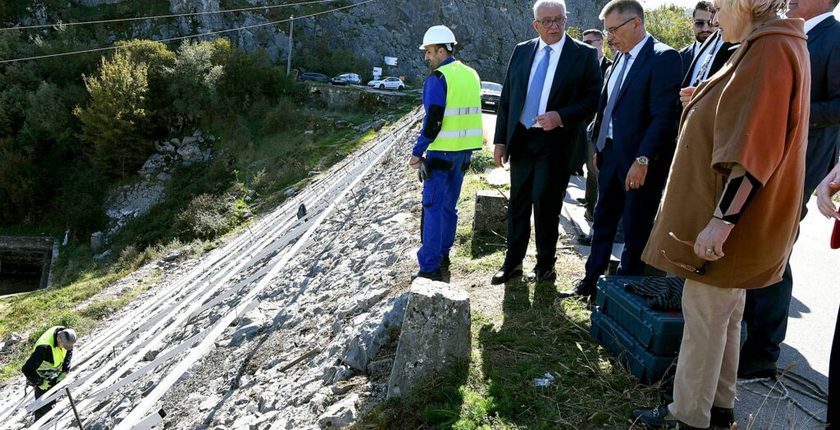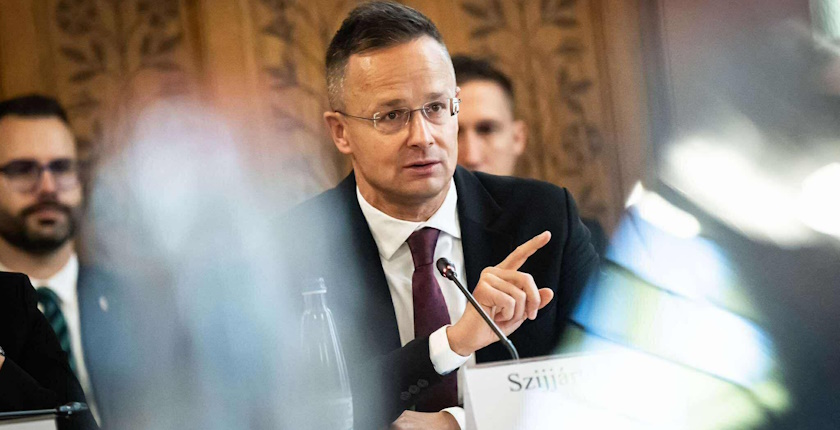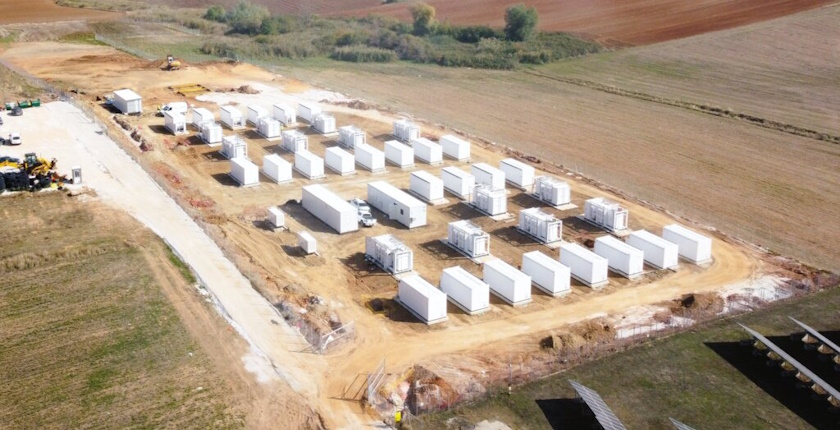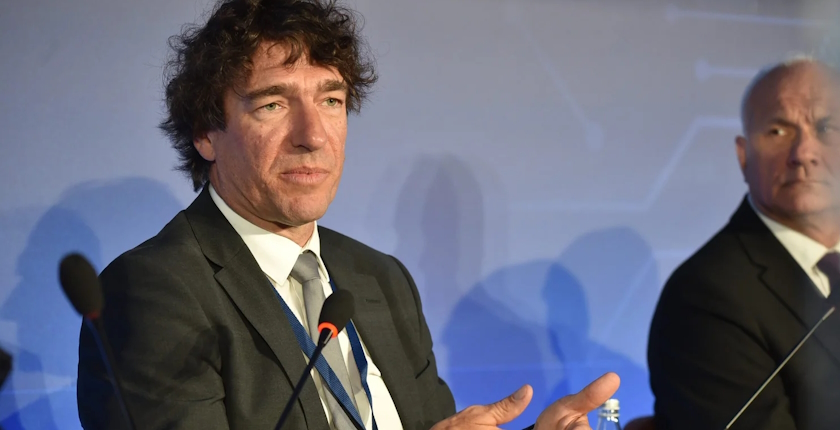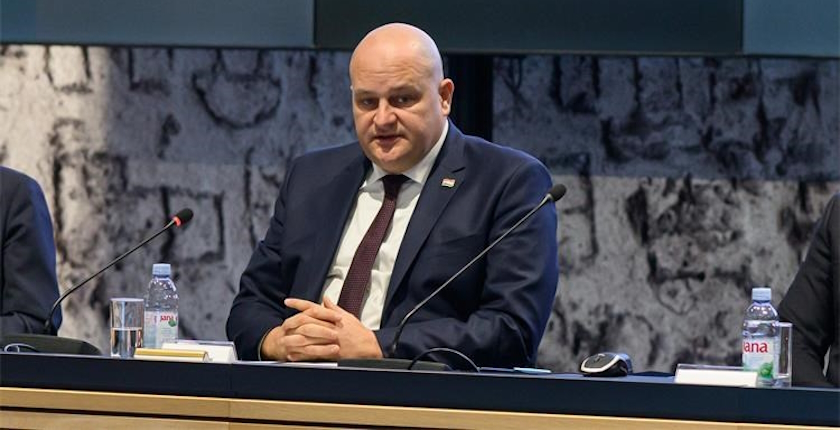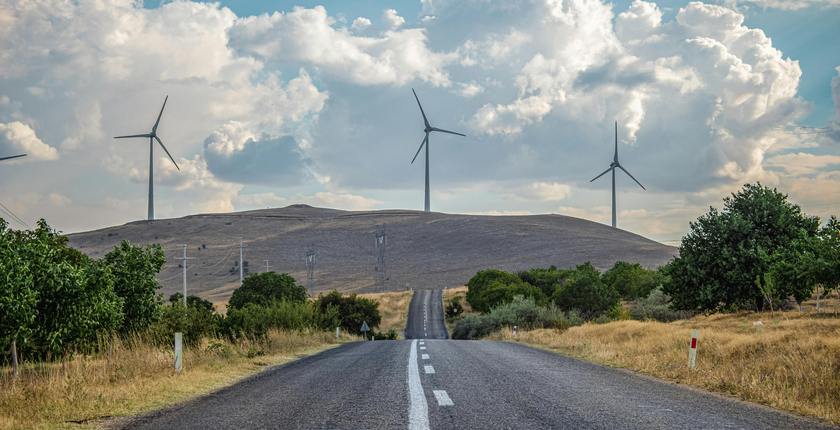
50 MW Trusina wind project in BiH gets fresh start
The Ministry of Energy and Mining of the Republic of Srpska has issued a public call for a concession to build and operate the Trusina wind farm in the municipality of Nevesinje, with an installed capacity of up to 50 MW. The move paves the way for reviving one of the largest wind projects in the Republic of Srpska, which has been stalled for years.
The investment is valued at BAM 130 million (EUR 66.5 million), with a projected annual electricity output of about 160 GWh. The new concession procedure was initiated by Sarajevo-based SDL Energy Company.
Wind farm Trusina would generate 160 GWh of electricity per year
The concession can be granted for a period of up to 50 years, and the produced electricity would be sold on the market, according to the public call. If awarded, the contract will include a one-time concession fee of BAM 650,000 (EUR 332,000), as well as BAM 0.0055 (EUR 0.0028) per kWh of electricity produced.
The deadline to submit bids is 30 days from the publication of the call.
The Republic of Srpska is one of the two entities comprising Bosnia and Herzegovina. The other one is called the Federation of BiH.
Challenges from the very beginning
The first concession agreement for the construction of the Trusina wind farm was signed back in 2012. The firm that was granted the concession, called Eol prvi, was founded by Serbia-based Omega plus, but Croatian firm Kermas energija joined the project and subsequently acquired a majority stake in Eol prvi.
However, the concession agreement was terminated in 2019 due to Kermas’ failure to provide a bank guarantee or make any significant progress in implementing the project.
The first concession was scrapped in 2019
Kermas reportedly threatened arbitration against Bosnia and Herzegovina, claiming BAM 200 million (EUR 102.3 million) in damages. However, in May this year, it expressed willingness to resolve the matter amicably, eKapija reported, citing information from the Office of the Attorney General of BiH.
Another dispute involved a EUR 38.2 million lawsuit filed by Omega plus against Kermas. The lawsuit concerned lost profits from the unrealized project, as well as issues related to the transfer of ownership in Eol prvi.
Initially, Omega was awarded BAM 21.1 million (EUR 10.8 million), but the ruling was later overturned.

